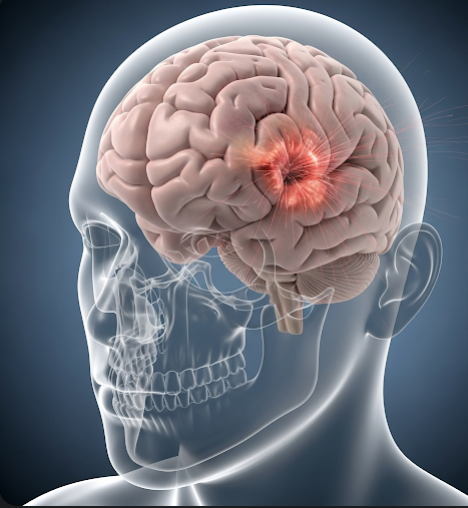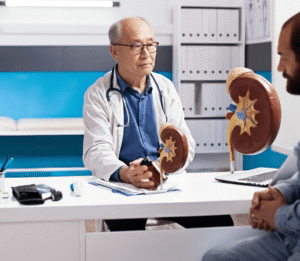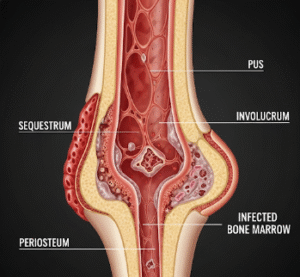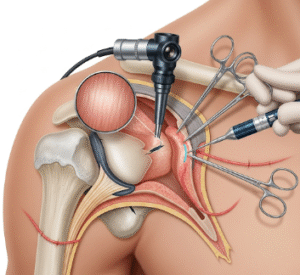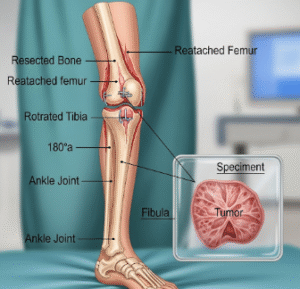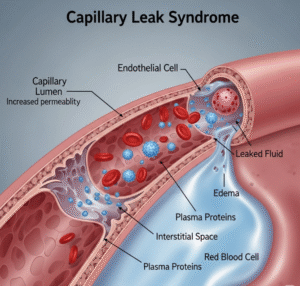Overview
Traumatic Brain Injury (TBI) is a serious medical condition resulting from a sudden impact or trauma to the head, leading to temporary or permanent brain dysfunction. It can range from mild concussions to severe brain damage with long-term cognitive, physical, and emotional consequences. TBI is a leading cause of disability worldwide, affecting individuals of all ages, particularly those involved in motor vehicle accidents, falls, sports injuries, or occupational hazards. South Korea offers advanced neurosurgical care, neuroimaging, critical care, and comprehensive rehabilitation programs for TBI patients, aiming to restore function, reduce complications, and enhance quality of life.
What is Traumatic Brain Injury (TBI)?
Traumatic Brain Injury occurs when an external force injures the brain, disrupting normal brain function. It can be classified based on severity:
- Mild TBI (concussion): Temporary loss of brain function, often with brief confusion, headache, or memory loss
- Moderate TBI: Longer periods of unconsciousness or memory impairment, with measurable neurological deficits
- Severe TBI: Extended loss of consciousness or significant neurological impairment, often requiring intensive care
TBI can involve focal injuries, such as contusions or hematomas, or diffuse injuries affecting multiple brain regions. In South Korea, rapid diagnosis through advanced CT and MRI imaging, along with specialized neurosurgical interventions, is crucial for preventing long-term neurological damage.
Symptoms
Symptoms of TBI vary depending on severity and the affected brain region:
- Cognitive symptoms: Confusion, memory loss, difficulty concentrating, or slowed thinking
- Physical symptoms: Headache, nausea, vomiting, dizziness, balance problems, or fatigue
- Sensory changes: Blurred vision, ringing in the ears, sensitivity to light or sound
- Emotional and behavioral changes: Irritability, depression, anxiety, mood swings, or impulsivity
- Severe TBI symptoms: Persistent unconsciousness, seizures, slurred speech, weakness or numbness in limbs, and loss of coordination
- Delayed symptoms: Sleep disturbances, cognitive impairment, and emotional changes that may appear weeks or months later
Early recognition and evaluation in Korean hospitals ensure timely intervention and reduce the risk of complications.
Causes
Traumatic Brain Injury can result from various forms of external trauma:
- Falls: Especially in older adults and young children
- Motor vehicle accidents: Including cars, motorcycles, and bicycles
- Sports injuries: Contact sports or extreme activities
- Violence: Assaults or penetrating injuries
- Occupational hazards: Construction, industrial accidents, or heavy machinery
- Blast injuries: Often associated with military or industrial explosions
Understanding the cause is essential for prevention strategies and tailored treatment in South Korea.
Risk Factors
Certain factors increase the likelihood of sustaining a TBI:
- Age extremes: Children and older adults are at higher risk
- Male gender: Statistically higher incidence of TBI in men
- Participation in high-risk sports or occupations
- History of previous brain injury
- Alcohol or substance use, increasing accident risk
- Unsafe driving practices or lack of protective gear
Recognizing risk factors helps in public health education and preventive measures in Korea.
Complications
TBI can lead to immediate and long-term complications depending on injury severity:
- Cognitive impairments: Memory deficits, attention problems, or executive dysfunction
- Physical disabilities: Weakness, paralysis, balance issues, or chronic headaches
- Seizures: Post-traumatic epilepsy in some patients
- Emotional and behavioral changes: Mood disorders, aggression, depression, or anxiety
- Sleep disturbances: Insomnia or altered sleep patterns
- Hydrocephalus: Accumulation of cerebrospinal fluid in severe cases
- Secondary brain injury: From swelling, bleeding, or increased intracranial pressure
Early management in Korea reduces the likelihood of permanent disability and improves recovery outcomes.
Prevention
Preventing TBI focuses on safety measures, lifestyle modifications, and education:
- Use of helmets in motorcycles, bicycles, and contact sports
- Implementation of seat belts and airbags in vehicles
- Fall prevention strategies for children and older adults
- Workplace safety protocols in high-risk occupations
- Avoidance of alcohol or substance abuse while driving or engaging in risky activities
- Public awareness campaigns to educate on head injury risks
Korean public health initiatives emphasize prevention through legislation, education, and community awareness.
Treatment Options in Korea
South Korea provides comprehensive care for TBI through multidisciplinary teams including neurosurgeons, neurologists, rehabilitation specialists, and critical care experts:
Diagnosis:
- Neurological examination to assess consciousness, motor function, and reflexes
- Imaging studies: CT scans for acute bleeding and MRI for detailed brain assessment
- Intracranial pressure monitoring in severe cases
- Blood tests to evaluate systemic complications and organ function
Medical Treatments:
- Emergency care: Stabilization of airway, breathing, and circulation
- Medications: Pain relief, anti-seizure drugs, diuretics to reduce brain swelling, and anticoagulants when appropriate
- Surgery: Craniotomy or hematoma evacuation for severe injuries, skull fracture repair, or intracranial pressure relief
Rehabilitation and Support:
- Physical therapy: Restore mobility, strength, and coordination
- Occupational therapy: Improve daily living skills and independence
- Speech therapy: Address communication, swallowing, and cognitive challenges
- Neuropsychological support: Cognitive rehabilitation and emotional counseling
- Long-term follow-up: Regular monitoring to manage post-traumatic symptoms and prevent complications
Korean hospitals integrate cutting-edge technology, ICU-level care, and individualized rehabilitation programs to optimize recovery and enhance patients’ quality of life after TBI.

